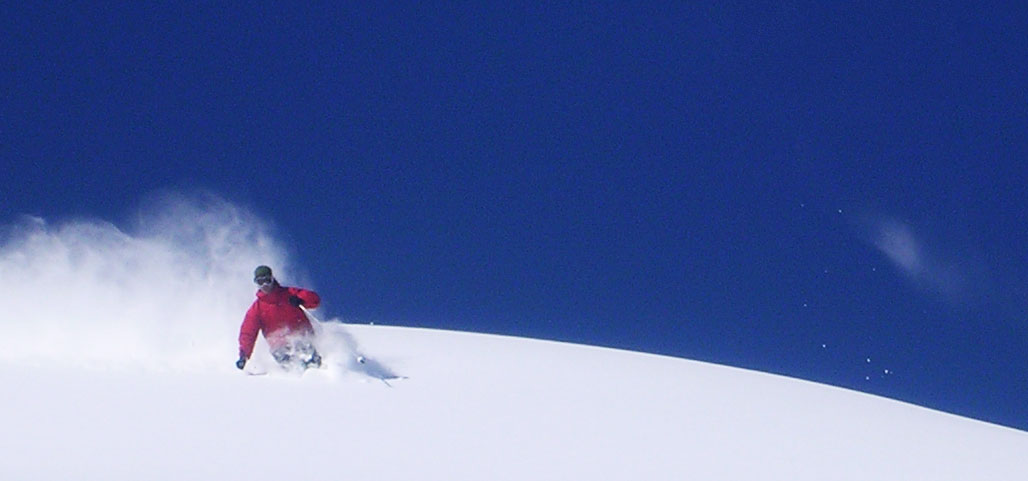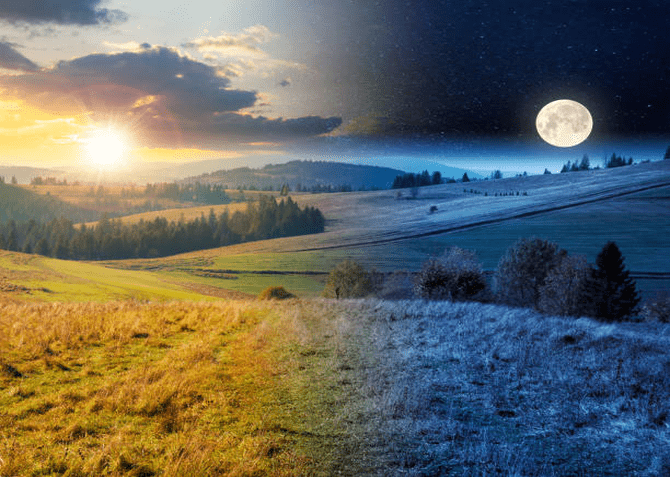
How To Stay Healthy On Your Ski Holiday
This is the time of year that many of us head to the slopes in search of winter thrills and hopefully not so many spills...
But since we are generally a nation of "once a year" skiers it's important to take extra care of ourselves. The temptation to go wild both on the slopes and in the apres-ski is always there isn't it! So how can you prepare appropriately for your ski holiday, ensuring you stay healthy and avoid mishaps?
Dormeo's "home" market of Slovenia (sharing a border with Italy, Austria, Croatia and Hungary) is a nation that's skiing mad, boasting a proud history of world and Olympic champions, and the team there have kindly put together some top tips for us part-time skiers to take into account...
Tip 1: It Pays to Have the Right Kit
Don't go skiing with old equipment. Not for just appearance reasons, but mainly due to the quality of the materials and parts. We're talking skis, boots and boards primarily. Old equipment is not as responsive as it should be, and there have been so many advances in technology and components over the years that skiing on new kit is just so much easier.
If you ski on new equipment, you'll be able to ski longer, you'll feel less pain, you'll feel less tired and your enjoyment will be far greater. (We're not talking about Fergie one-pieces here, which we're told are actually back in - the horror!)
Rental? Definitely worth it if you're only having a few days in the snow each year. Take particular care in choosing the right ski boots - a few minutes extra in the rental shop is SO worth it compared to discomfort all day up the mountain.
Tip 2: Prepare Your Body
Try to prepare for your holiday with some basic exercises to get your body in shape for the unfamiliar rigours that will be placed on it on the slopes. General endurance (aerobic exercise) and strengthening individual muscle groups, particularly the leg muscles are strongly advised.
You don't need to be ripped as a result, but if your body is firm, strong and durable, the skiing is better because your endurance will be so much greater and the likelihood of injury will be significantly decreased.
Tip 3: Plan the Details of Your Ski Holiday in Advance
Certain factors, such as the weather, we can't control. But most of the others we can. Before you decide to ski, devise a good plan for your holiday.
- You need to know where you're going to be sleeping (don't choose somewhere without carefully thinking what the beds might be like - you'll pay for it if you don't); where and what you'll be eating; who'll be responsible for the transportation, and so on...
- If you know that you'll have to get bus transport to the ski lifts make sure you know the timings. Most of all make sure you know what time the last lift and last bus is.
- If you know that you each day on the slopes from nine to twelve, because you can't do more, you'll save by buying tickets in the morning.
- If you know that certain routes you plan to ski on don't have catering facilities ALWAYS take a sandwich and a thermos ... believe me, nothing is more embarrassing than having a problem in the middle of nowhere when you're underprepared.
Besides the above "odds and ends" and logistics, make sure you do an "equipment check" before you travel. Ski gloves (good ones make ALL the difference), goggles, and a good hat or helmet
4. Tip: Take it Nice and Easy
Go sensibly. Even if you've skied many times before, make sure you start modestly. Don't hit the black run on your first day. Start with some nice un-demanding routes to get used to skiing again, and when you feel good, then you can increase the complexity of skiing. PLEASE do not ski yourself into the ground and exhaust yourself early.
The majority of accidents happen due to tiredness. If you're tired, just have a rest and take it easy. Also, many accidents happen late in the day. It's so tempting to make the last run of the day a fast one, but listen carefully to what your body's telling you before pointing the skis straight down the hill.
5. Tip: Stick to the Piste
That pristine freshly-fallen powder snow all along the edge of the pisté might look more tempting than the well-ploughed snow on the slopes, but hopping over that line can be a risky business. Skiing in powdery snow is much more strenuous than crushed, and often lurking underneath can be rocks and other potential hazards. Stick to the designated areas.
6. Tip: Get Some Advice from the Experts
Ski courses are an excellent idea. They're not just for beginners and children, but for anyone who'd like to refresh and refine their skills.
Ski courses or hiring a ski instructor for a day or two is great thing to do. The instructor will be able to highlight areas for improvement in even the most advanced skiers, and it'll really improve your skiing technique, which means that it will skiing will feel easier and safer, and you'll be less likely to succumb to tiredness and injury.
7. Tip: Practice and Preparation Makes Perfect
Before you rush to the top of the highest hill in the valley, take a little time on easier runs to get your sights in, to get a feeling for your equipment and the conditions. Practice short turns, long turns, stopping, walking on the skis... It's important to get a good sense of balance, you will also get a sense of how your skis glide, how quickly they react when reducing speed and the like.
8. Tip: Alcohol on the Slopes
Sport and alcohol mixes about as well as driving and alcohol. Skiing is a demanding physical activity and any substance that affects physical and mental faculties is dangerous. Some are of the opinion that snow is really best suited with mulled wine, but we really urge caution. Even one glass may be too much for some people, because at altitude we are even more susceptible to the effects of alcohol than normal. Just be sensible. After lunch, ski carefully, as if you were starting again.
Suggestion: Favour water and tea. it may be cold up there, but due to the strenuousness of the activity and all your thermal insulated gear you will sweat. So it's very important that you don't allow yourself to become dehydrated.
9. SLEEP
Don't deny yourself! We've talked about tiredness and altitude already, but if you add to it by burning the candle at both ends you'll significantly increase the risk of injury.
Many people favour a powernap once they get in from a day's skiing just to recharge before dinner and drinks in the evening. Many mountain resorts have a lot going on in terms of apres-ski, but try to avoid staying out too late if you are serious about your skiing. It's a tricky quandary because the pistes are always in the best condition in the mornings. But be sensible, if you do have a late night once or twice, make sure you get the right amount of sleep to recover.
Can you believe we've just written an entire article about skiing without once mentioning a "bed" of snow, "drifting" off, looking out for "sheet" ice, or any other bad sleep-related puns?
Finally. GOOD LUCK and enjoy yourself!
One thing's for sure, no hotel or chalet bed is going to feel as nice as your own bed after a week's skiing!
And if you can't afford to go abroad this year? Adopt, adapt and improve!







Leave a Reply